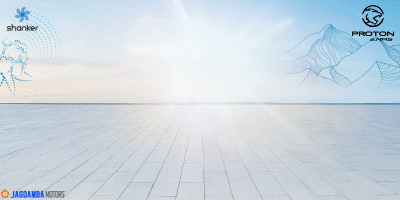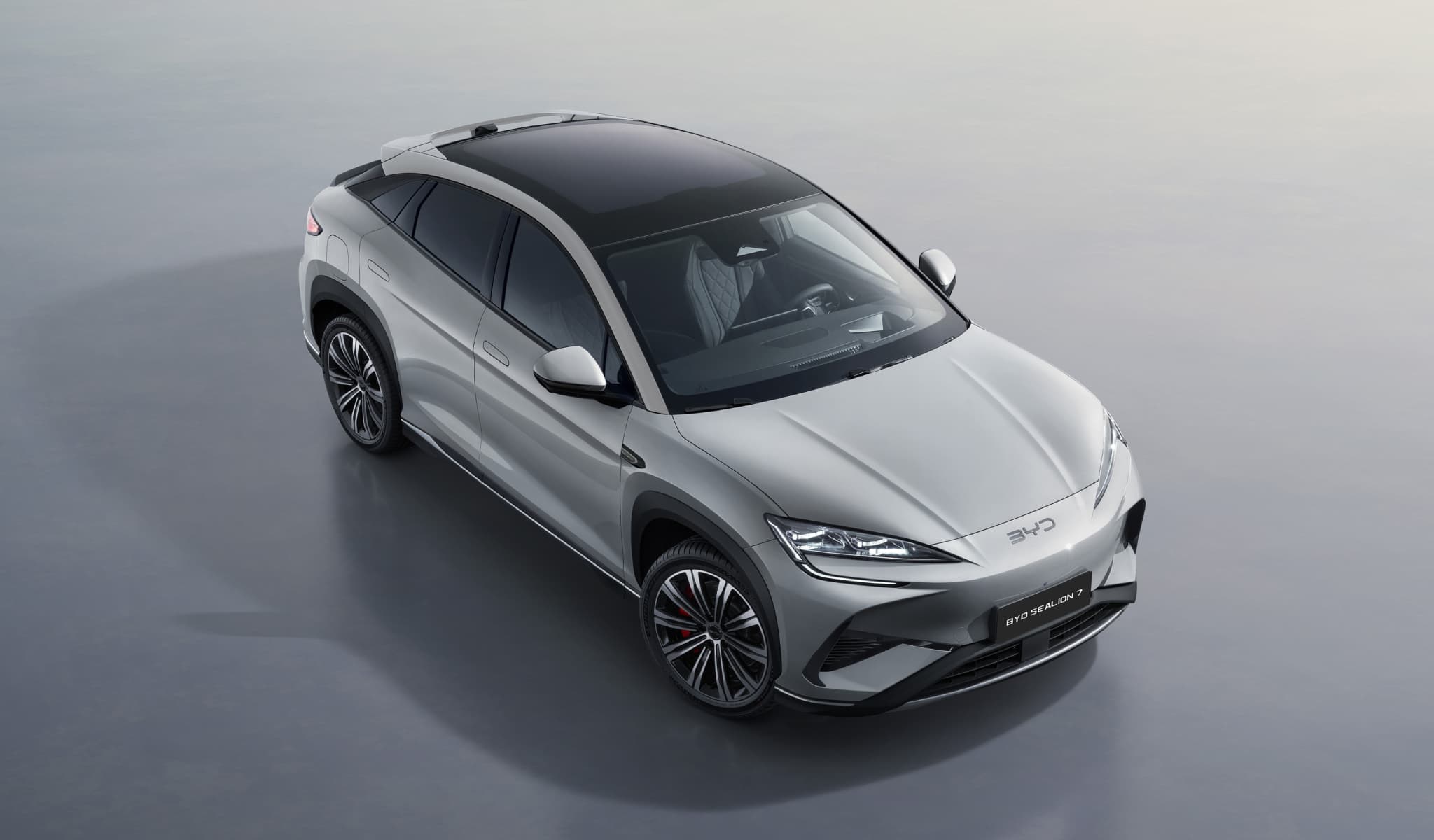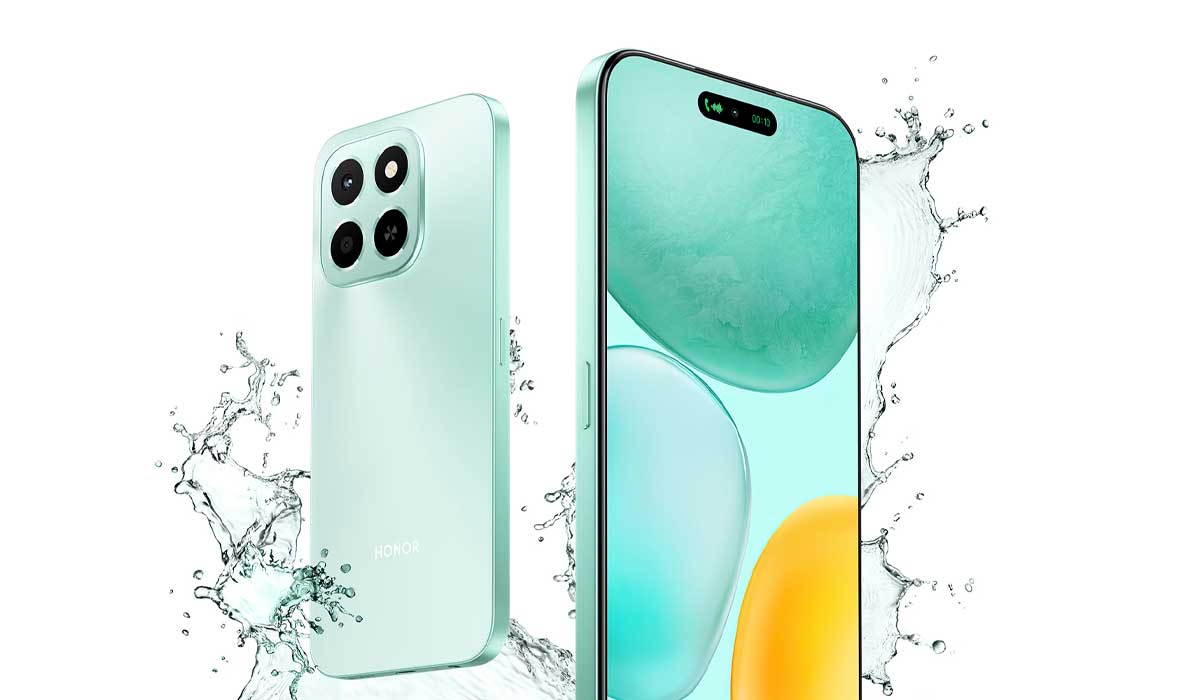As fears of coronavirus loom large, almost everyone now owns a mask or two. Most notably, you will see people using a surgical mask as they go about their business. But does it help against coronavirus and pollution? Well, most people don’t seem to know the answer. So, in this article, I’ll tell you about the types of masks that can help you with pollution and coronavirus. Then I’ll compare different types of masks available in the market along with their features.
What Kind of Mask Should you Buy?
First, you should know that there are generally two types of masks: Surgical mask and Air Pollution mask.
A general surgical mask is used by health professionals to block large-particle droplets, splashes, or splatter that may contain germs. But it doesn’t filter out airborne particles like dust or pollution. You will need a pollution mask to keep yourself safe from harmful airborne particles like PM 10 and PM 2.5.
So, before we take a look at different types of pollution masks, let’s see how it works against different particle air pollutants.
How do Pollution Masks Work?
Pollution masks are worn on the face to protect you against harmful air pollutants present in the air. They filter out the particle air pollutants when you breathe through them. Pollution masks have different layers of filter and each filter is specifically designed for a specific pollutant. There are three primary layers:
- Primary Filter: It’s the outermost layer that can easily filter out large particles like dust and pollen. Particle pollutants PM10 are also blocked by this filter. But, it cannot filter out PM 2.5.
- Particle Filter: The particle filter protects you against smaller particles like PM2.5. The particles not filtered by the primary filter are also filtered here.
- Carbon Filter: An activated carbon filter is found only in high-end expensive pollution masks. It filters out the gaseous that other filters cannot.
Now, you might have a question. What are PM10 and PM2.5?
Well, particulate matter (also known as particle pollution or PM), is a complex mixture of solid particle and liquid droplets in the air. These vary in size, composition, and origin.
PM10 particles like dust, pollen, spores, and ash are smaller than 10 micrometers in diameter. Whereas, the PM2.5 particles are less than 2.5 microns (µm) in diameter. Diesel emissions, power plants, fires, and burning of fossil fuels generate PM2.5 particles.
Thus, the availability of different layers in a mask determines its effectiveness. Now, that you have general knowledge about the pollution masks and PM, let’s take a look at various types of masks.
Types of Masks and their Effectiveness
Surgical Masks
As mentioned above these types of masks do not protect against small particles resulting from sneezes or PM particles. It’s a loose-fitting, disposable mask that can help block large-particle droplets, splashes, sprays, or splatter that may contain germs. So, it makes almost no sense to wear these masks.
N95 Air Masks
N95 is the most general air pollution mask that filters 95% of air pollutants. It can filter out most particle pollutants, often even PM2.5. However, while buying an N95 mask you should look for the one that has air valves for the air to move through while exhaling. This will help to prevent excessive fogging near the eyes. It is extra important if you’re someone who wears a glass.
EXPLAINED: What is HMS? Can You Live With Only HMS on the Huawei Mate 30 Pro? [Explained]
N99 and N100 masks
N99 and N100 masks can filter particles like PM2.5 with 99% and 99.97% efficiency. But they cannot filter oil-based air pollutants. You should wear these if you live in pollution laden cities like Kathmandu. But do keep in mind that, N95, N99, and N100 masks have a very good seal and this will affect your breathing. So, if you have any medical conditions that make breathing difficult you should check with your health provider before using these masks.
P95 Masks
A P95 mask is an oil-proof mask that can save you from 95% of airborne particulate present in the air. Unlike, N95, N99 and N100, the P95 mask can stop the oil-based pollutants as well. But, these masks are costly and not readily available. It is mostly used in industrial environments and is certified for up to 40 hours of use.
R95 Masks
The R95 mask works just like the N95 mask but it is oil-resistant as well. However, it is not oil proof like the R95 masks. These are also used in industrial environments and it is certified for up to 8 hours of use.
So, these are the types of masks and it’s effectiveness against air pollution. If you want to save yourself from harmful air pollutants, N95 masks are good enough.
EXPLAINED: Fuel Injection System Explained! Everything You Need to Know About the Next-Gen Engine
Can Masks Protect You from Coronavirus?
The surgery masks cannot stop small droplets that people release while sneezing. Hence, it won’t prevent you from inhaling the coronavirus. The air pollution masks will help you in this regard but COVID 19 doesn’t just spread from person-to-person.
As coronavirus can spread from surface-to-person, the virus can remain stuck on your mask. And the virus might transfer on to your hands while adjusting the mask. That’s why you should use hand sanitizer or wash hands after you touch the mask. To be extra careful, you can also wash the masks, if they are washable.
Though pollution masks can help reduce the contraction of coronavirus, it cannot fully protect you. Staying at home and washing your hands frequently is the best way to prevent coronavirus. So, stay home and stay safe!
Well, now you know everything you should know about the face masks. If you still have any questions let us know in the comments below.
READ NEXT: Foodmandu Fresh: A “Fresh” Transition to Deliver Essential Groceries in The Hour of Need
-
BYD Sealion 7 Set to Launch in Nepal: Bigger Than Atto 3, Pricier TooHIGHLIGHTS BYD Sealion 7 price in Nepal is expected to be between Rs. 70 Lakhs…
-
Nothing Phone (3) Pre-Booking Now Open in Nepal with Exciting Offers!HIGHLIGHTS The Nothing Phone (3) price in Nepal starts at Rs. 109,999 (12/256GB) with the…
-
Honor X6c with 120Hz Refresh Rate and IP64 Rating Open for Pre-BookingHIGHLIGHTS The Honor X6c price in Nepal is Rs. 16,999 (6/128GB) and Rs. 18,999 (6/256GB).…





















